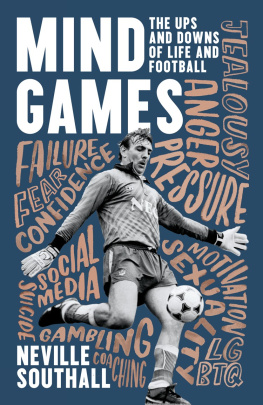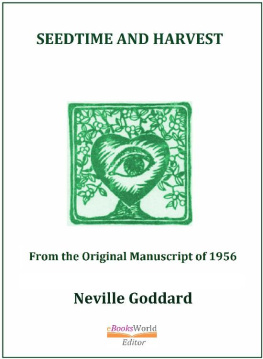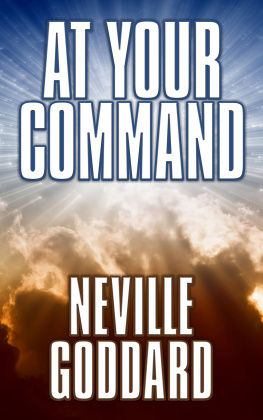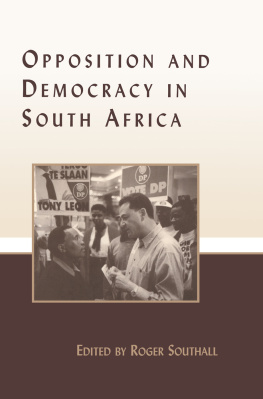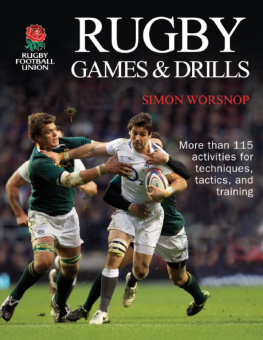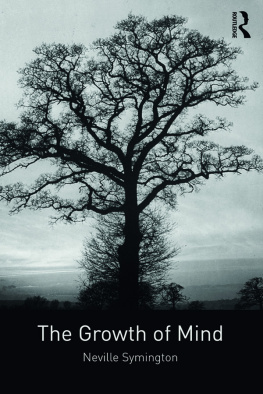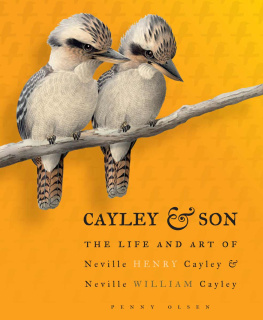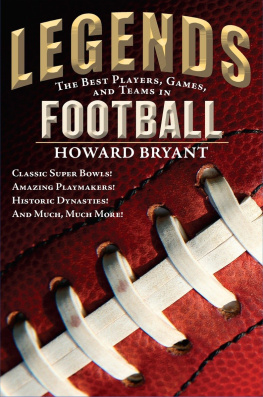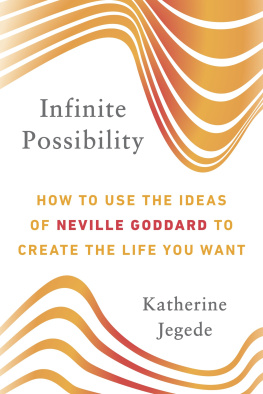Neville Southall - Mind Games: The Ups and Downs of Life and Football
Here you can read online Neville Southall - Mind Games: The Ups and Downs of Life and Football full text of the book (entire story) in english for free. Download pdf and epub, get meaning, cover and reviews about this ebook. year: 2020, genre: Politics. Description of the work, (preface) as well as reviews are available. Best literature library LitArk.com created for fans of good reading and offers a wide selection of genres:
Romance novel
Science fiction
Adventure
Detective
Science
History
Home and family
Prose
Art
Politics
Computer
Non-fiction
Religion
Business
Children
Humor
Choose a favorite category and find really read worthwhile books. Enjoy immersion in the world of imagination, feel the emotions of the characters or learn something new for yourself, make an fascinating discovery.
- Book:Mind Games: The Ups and Downs of Life and Football
- Author:
- Genre:
- Year:2020
- Rating:5 / 5
- Favourites:Add to favourites
- Your mark:
- 100
- 1
- 2
- 3
- 4
- 5
Mind Games: The Ups and Downs of Life and Football: summary, description and annotation
We offer to read an annotation, description, summary or preface (depends on what the author of the book "Mind Games: The Ups and Downs of Life and Football" wrote himself). If you haven't found the necessary information about the book — write in the comments, we will try to find it.
Mind Games: The Ups and Downs of Life and Football — read online for free the complete book (whole text) full work
Below is the text of the book, divided by pages. System saving the place of the last page read, allows you to conveniently read the book "Mind Games: The Ups and Downs of Life and Football" online for free, without having to search again every time where you left off. Put a bookmark, and you can go to the page where you finished reading at any time.
Font size:
Interval:
Bookmark:

HarperCollinsPublishers
1 London Bridge Street
London SE1 9GF
www.harpercollins.co.uk
First published by HarperCollinsPublishers 2020
FIRST EDITION
Text Neville Southall 2020
Poems Anne-Marie Silbiger 2020
Jacket design by Sim Greenaway HarperCollinsPublishers Ltd 2020
Jacket photograph Allstar Picture Library Ltd/Alamy Stock Photo
Hand lettering Charlotte Akers
A catalogue record of this book is available from the British Library
Neville Southall asserts the moral right to be identified as the author of this work
All rights reserved under International and Pan-American Copyright Conventions. By payment of the required fees, you have been granted the nonexclusive, non-transferable right to access and read the text of this e-book on screen. No part of this text may be reproduced, transmitted, downloaded, decompiled, reverse engineered, or stored in or introduced into any information storage retrieval system, in any form or by any means, whether electronic or mechanical, now known or hereinafter invented, without the express written permission of HarperCollins e-books.
Find out about HarperCollins and the environment at
www.harpercollins.co.uk/green
Source ISBN: 9780008403737
Ebook Edition September 2020 ISBN: 9780008403751
Version: 2020-07-27
This ebook contains the following accessibility features which, if supported by your device, can be accessed via your ereader/accessibility settings:
Change of font size and line height
Change of background and font colours
Change of font
Change justification
Text to speech
Page numbers taken from the following print edition: ISBN 9780008403737
This book is dedicated to anyone who suffers, whatever their age, gender, sexuality, race or situation. Please know that you are not alone.
There are four elements of my personality that I hold most dear. The first three are trust, loyalty and honesty, and I dont think you can have the first two without the third. If someone has something brutal to say but I trust them implicitly and believe that theyre loyal to me, Id much rather that they say it to me straight than keep it hidden.
The fourth element is that Ive always believed it important to have an open mind, to realise that you dont know everything. Because Ive discovered, and am still discovering, that I know absolutely fuck-all. And so everything I do now involves learning as much as I can about people and about their lives.
I find discovering and being allowed by them to discover things about people to be incredibly interesting, and it disheartens me that not everyone feels the same way. People should be open-minded. If they dont know about something, then they should make it their job to find out rather than either closing themselves off to it or, worse, spouting a view about something that theyre not educated on. Ive been burnt a few times where Ive had opinions on subjects that I didnt know enough about, so the only answer was to educate myself. Ironically, education then reminds us how much we dont know.
I had the values of my parents hardwired into me. I think thats how good parenting works, and goodness knows Im not perfect. My mum and dad were great parents to me, because they lived by good values. Having said that, my dad came home from the war, where hed been shot at, and he never spoke about it. He had been taught that the best way to process his feelings, his fears and his experiences was to bury them. That is what society preached.
I believe that the lack of communication hampered his generation badly, although people might not have appreciated this at the time. I dont remember anyone ever asking my dad a single question about what hed been through. I certainly didnt. Nobody ever sat him down and asked if he was OK. We just assumed that if he wanted to talk about it, then hed come to us. But he signed up to the army as soon as he could, with the idea that war would be a bit of fun and a chance to enjoy comradeship with others like him. And it became something far more serious than they had ever been led to believe or were prepared for.
The mentality of soldiers at war has always interested me. I read a book the other month about people who killed in war, what their feelings were afterwards and how they managed or didnt manage to process them. There was a Japanese guy who was talking about being indoctrinated to hate the Chinese. His first bayonet practice was stabbing Chinese people. It became nothing. The army went into villages, raped the women, killed everybody. One day they were walking along a cliff and saw a woman carrying a baby. They were ordered to capture them. The woman wouldnt stop crying, so one of the soldiers threw the baby over the cliff and the woman jumped after it. Having seen all of that horror, and been an active part of it, how could you ever cope?
When my dad was sat there waiting to fight, what was that like for him? How could he cope with being so helpless, when the only question of the day was whether he would live or die? When he had no choice but to carry on and continue to be strong or be ostracised as a traitor? What goes through your mind when youre eating your breakfast each morning? How do you walk in a line towards such unspeakable danger? These are human beings.
My dad was lucky he got out. But the mentality of these people is extraordinary. They rarely processed it until it was too late, and they were expected to come home and fit in with normal daily life. The provisions were not there for them to do anything else, and we owe it to them not to make the same mistake with the current generation of young people who experience unspeakable things.
I like to think of myself as an experiment. How do you find out what works for you, and what makes you happier and a better person? Ive learnt that the best way is to work on new strategies to solve problems and find out which are successful. Its all a process of trying, failing and succeeding, of living and learning. That applied to my football career, and what I do now. They might be very different careers and in some ways Ive lived two lives but the principles are the same.
With mental health issues, I have to think the same way. Approach it as a scientist would: if we start trying something and it doesnt work, well move on to something else and continue the cycle. If one of the things we try works, then great we know that works. But lets try something else too and see if we can make things even better, knowing we have an alternative solution if not.
As a footballer, youre basically taught not to think about much at all off the pitch, and that cannot be healthy. What did I have to think about? I went into training, I did something that I really enjoyed but which came naturally to me. Someone told me what I was doing the next day and someone told me what I was doing on Saturday. The only time when I had to think was on the drive home. And when I got home, I didnt want to do much thinking because I wanted to be rested and ready for the next match. Football challenges you in areas such as confidence, fear, pressure and motivation, but it all becomes part of one mass, one process.
You live your life around games. If you have a day off, fine. If you dont have a day off, fine. But it doesnt really change anything. You go to the airport, and someone from the club has your passport because they believe that youre too stupid to keep it yourself and hand it to the customs officer without losing it. They tell you where to sit and how long to sit for.
Font size:
Interval:
Bookmark:
Similar books «Mind Games: The Ups and Downs of Life and Football»
Look at similar books to Mind Games: The Ups and Downs of Life and Football. We have selected literature similar in name and meaning in the hope of providing readers with more options to find new, interesting, not yet read works.
Discussion, reviews of the book Mind Games: The Ups and Downs of Life and Football and just readers' own opinions. Leave your comments, write what you think about the work, its meaning or the main characters. Specify what exactly you liked and what you didn't like, and why you think so.

